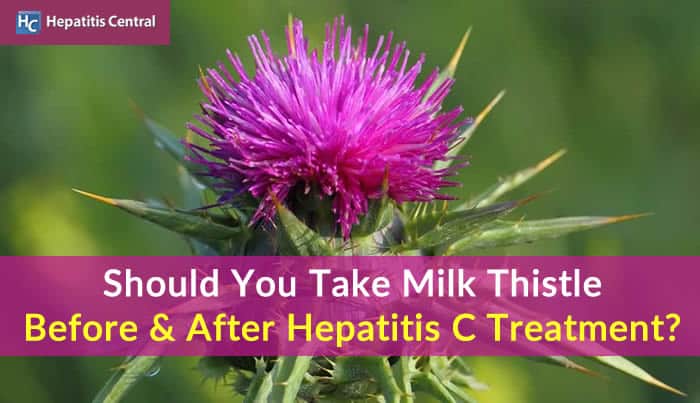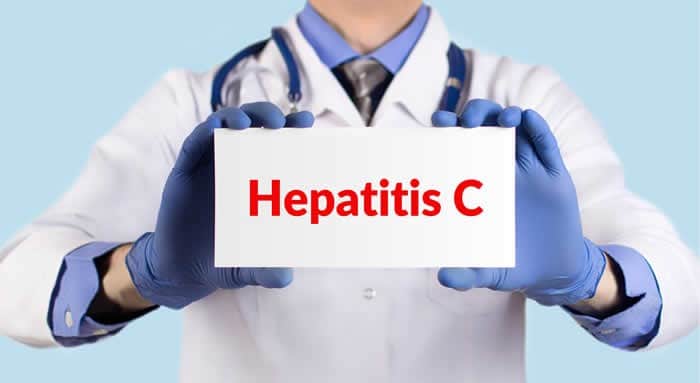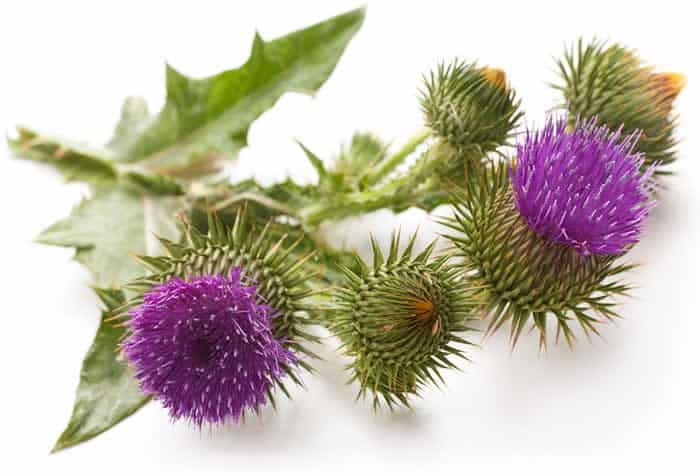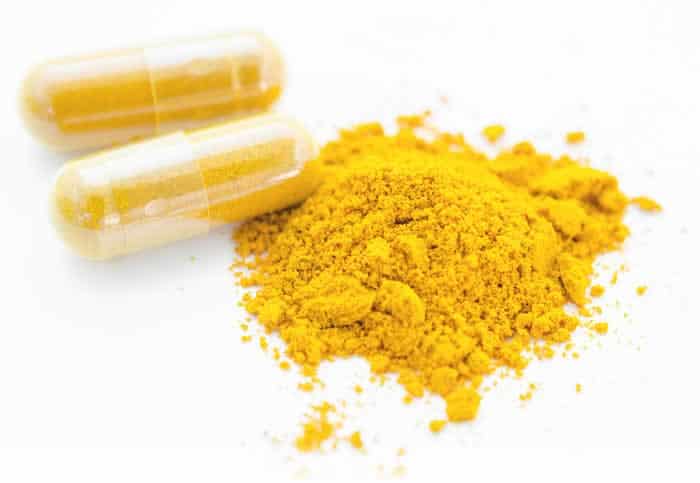Should You Take Milk Thistle Before & After Hepatitis C Treatment?


What Does Your Liver Do?
Resting directly below our lungs is arguably our most essential organ, the liver.
Your liver helps serve an unparalleled 500 vital functions throughout the body, the most notable of which include:
- cleaning the blood of chemicals and toxins
- playing a key role in bile production
- and aiding immunity response (1).
Your liver is the largest internal organ, second in size only to the skin. And, much like our skin, the liver can regenerate (1).
In fact, the liver is so good at regenerating that even in animal models dating back to 1931, the liver has been able to replicate regeneration even after being decreased by 66% (2). As an evolutionary development, regeneration of the liver is extremely helpful when it comes to battling and recovering from degenerative liver diseases like Hepatitis C (2).
Hepatitis C and Your Liver

Hepatitis C, regarded by the World Health Organization (WHO) as the “silent killer,” is a viral infection that leads to inflammation in the liver (7). It’s “silent,” because it can lay dormant for years before manifesting detectable symptoms.
Keep an eye out for:
- chronic fatigue
- jaundicing of the skin or eyes
- swelling in your legs or abdomen
- confusion
- dark urine
- or digestion discomfort (3).
Hepatitis C is transferred through blood, most commonly through the sharing of needles and intravenous drug-use, but can also transfer from mother to child through birth.
When it comes to your liver, hepatitis C can take a serious toll. If undetected or chronic, hepatitis C can cause cirrhosis of the liver, liver cancer, or even liver failure (3).
It’s important to always be managing inflammation by eating right and using natural supplements with anti-inflammatory properties.
Eliminating sugars, saturated fats, and alcohol will also help a great deal, as all are difficult for your liver to process and can exacerbate inflammation and other hepatitis C symptoms.
One of the most powerful and natural ways to deal with liver inflammation is with silymarin, more commonly known as milk thistle, an ancient plant found in many Mediterranean climates around the world.
What Is Milk Thistle?

Milk thistle is a prickly herb that comes from the daisy and ragweed family, and is one of the most common and natural liver supplements in the U.S.
From promoting healthy gallbladder function, to managing acne, and even mental clarity, milk thistle is a valuable tool in dealing with liver inflammation caused by hepatitis C as well as a swath of other ailments (4).
Milk thistle has shown amazing promise in managing inflammation and oxidative stress. In 2019 a study involving milk thistle and birds concluded that a daily dose of 15kg of milk thistle dramatically reduced natural stress (4).
In recent human trials, milk thistle proved effective at managing human gastric cancer cells (5).
When it comes to hepatitis C and liver inflammation, milk thistle is one of the best natural treatment options that can safely coincide with antiviral regiments.
Hepatitis C and Milk Thistle
When it comes to milk thistle and hepatitis C treatment, a daily dose of up to 420mg daily is considered safe alongside most antiviral treatments. However, you should always consult your doctor when altering your diet and routines, especially with hepatitis C.
Milk thistle may provide additional support to your liver during antiviral treatment by protecting and promoting the growth of liver cells and thus aiding your liver’s natural regeneration process (6).
Whether just diagnosed or recently completing an antiviral treatment round for hepatitis C, milk thistle is generally safe for most adults. The exceptions being those who are already allergic to ragweed, chrysanthemum, marigold, daisy, those dealing with type 2 diabetes, or those who are pregnant (4).
The Many Forms of Milk Thistle

Milk thistle can be acquired in several different forms, including pills, capsules, powders, tinctures, or simply as raw silymarin seeds.
The main flavonoids found in milk thistle seeds are silybin, silydianin, silychristin, but through clinical trials and research, it’s now understood that the most important to liver health is silybin (8). It’s this flavonoid, in particular, that should be the key ingredient of any decent milk thistle supplement you choose.
The Best Performing Milk Thistle Supplement Is UltraThistle
To be the best performing milk thistle supplement, it must meet the following criteria:
- Come in phytosome form.
The phytosome form enables your body to absorb and utilize up to 10 TIMES MORE milk thistle than all other forms of milk thistle. - Solely include silybin from the milk thistle plant.
Silybin is responsible for over 70% of milk thistle’s health benefits. The more silybin you take, the better protection you receive. Due to the high cost and extra time it takes to separate out the silybin, almost all brands DO NOT bother isolating the silybin.
UltraThistle by Natural Wellness is the most potent and effective milk thistle supplement available. It comes in phytosome form and contains OVER 2X the amount of silybin than competing milk thistle brands, making it the most effective way to detox, cleanse your liver, and address the needs of someone dealing with hepatitis C in any stage of diagnosis or treatment.

UltraThistle® by Natural Wellness
Formerly available ONLY through medical doctors and other licensed healthcare professionals UltraThistle® has the same great benefits as Maximum Milk Thistle® but at a higher dosage.
Best on the market!
Great product!
Milk thistle is only REAL liver supplement
Vastly enhanced absorption of this product seems to really keep liver working well [as per lab tests] in spite of reduced liver function due to disease
Yup…
When it comes to milk thistle, I don’t play. I’m a heavy drinker, so I’m big on liver support. Heavy research. Milk thistle is at the top. So, quality milk thistle is even more at the top. This is the one.
Buy at Natural Wellness
Only
25% discount on your order
1. Staff, J. H. (2019). Liver: Anatomy and Functions. Retrieved from https://www.hopkinsmedicine.org/health/conditions-and-diseases/liver-anatomy-and-functions | Copyright © 2019 The Johns Hopkins University
2. Abu Rmilah, A., Zhou, W., Nelson, E., Lin, L., Amiot, B., & Nyberg, S. L. (2019, May). Understanding the marvels behind liver regeneration. Retrieved from https://www.ncbi.nlm.nih.gov/pmc/articles/PMC6457252/ | Copyright © 1999-2019 John Wiley & Sons, Inc. All rights reserved
3. Hepatitis C. (2019, May 29). Retrieved from https://www.mayoclinic.org/diseases-conditions/hepatitis-c/symptoms-causes/syc-20354278 | © 1998-2019 Mayo Foundation for Medical Education and Research (MFMER)
4. Milk Thistle. (2016, December 1). Retrieved from https://nccih.nih.gov/health/milkthistle/ataglance.htm | Published by the National Center for Complementary and Integrative Health (NCCIH)
5. Kim, S.-H., Choo, G.-S., Yoo, E.-S., Woo, J.-S., Han, S.-H., Lee, J.-H., & Jung, J.-Y. (2019, August 28). Silymarin induces inhibition of growth and apoptosis through modulation of the MAPK signaling pathway in AGS human gastric cancer cells. Retrieved from https://www.ncbi.nlm.nih.gov/pubmed/31485597
6. Effects of Milk Thistle Extract on Chronic Hepatitis C. (2015, October 21). Retrieved from https://nccih.nih.gov/research/results/spotlight/071812 | Published online by the National Center for Complementary and Integrative Health (NCCIH)
7. Hepatitis C. (2019, July 9). Retrieved from https://www.who.int/news-room/fact-sheets/detail/hepatitis-c | Copyright 2019 WHO
8. Ferenci, P. (2016, January 29). Silymarin in the treatment of liver diseases: What is the clinical evidence? Retrieved from https://www.ncbi.nlm.nih.gov/pmc/articles/PMC6490246/ | National Center for Biotechnology Information, U.S. National Library of Medicine








